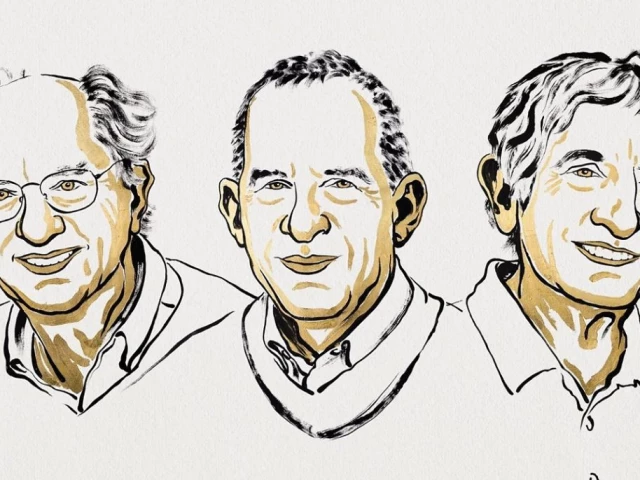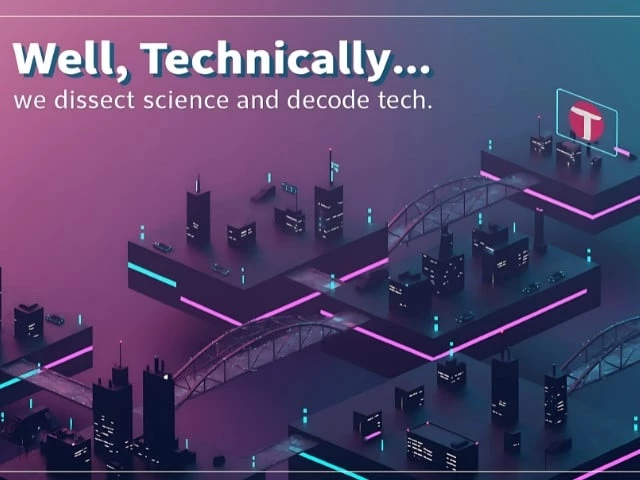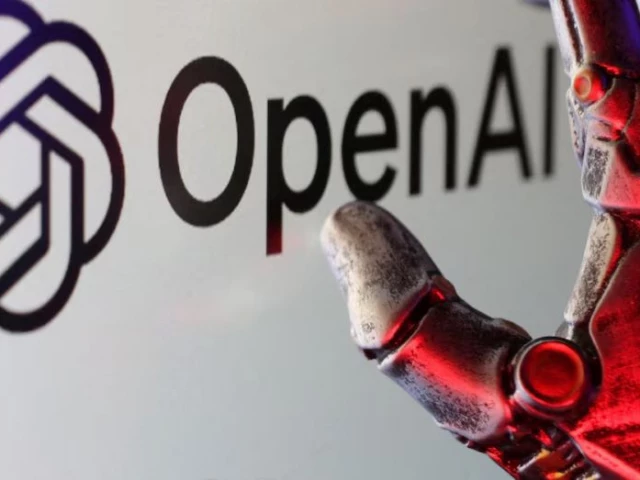Breaking Down Quantum Discoveries: Nobel Prize-Winning Research
In a stellar moment for science, US-based physicists John Clarke, Michel Devoret, and John Martinis snagged the 2025 Nobel Prize in Physics. Their work has profoundly panned out in revealing the wonders of quantum physics, paving the path for innovative digital technologies we use today. If you’re chatting on your cell phone right now, you can thank research like theirs, as it’s grounded in the principles of quantum mechanics.
Clarke expressed sheer disbelief during a press conference, stating, "I’m completely stunned." It’s easy to understand his astonishment. The experiments he and his colleagues undertook back in the 1980s opened eyes to how quantum behaviors can influence not just tiny particles but also larger, everyday objects under certain conditions. This work continues to inspire fresh insights in a field that is over a century old.
Quantum Mechanics Unleashed
Quantum mechanics has often been perceived as enigmatic and counterintuitive compared to classical physics, particularly at larger scales. However, it’s crucial to recognize that these principles are already embedded in our daily lives. For instance, the transistors within computer microchips rely on quantum phenomena. As Olle Eriksson, chair of the Nobel Committee for Physics, noted, "quantum mechanics is the foundation of all digital technology."
This recent Nobel Prize celebrates advancements that may lead to groundbreaking future technologies, such as quantum computers, quantum cryptography, and quantum sensors. These innovations promise to handle complex calculations that would take traditional computers an eternity to process—potentially addressing urgent global challenges like climate change.
The Road Ahead for Quantum Computing
Quantum computers, as the name suggests, tap into the peculiarities of quantum mechanics for superior performance. Think about it: they’re poised to revolutionize fields like medicine, finance, and beyond with their unparalleled speed and analytical capabilities. However, it’s not all smooth sailing. There are significant hurdles, including improving chip accuracy. Discussions around when we might see commercially viable quantum computing solutions are still up for debate.
Interestingly, two of the laureates have connections to Google. Clarke serves at the University of California, Berkeley, while Devoret has ties with both Yale University and the University of California, Santa Barbara. Martinis previously led Google’s Quantum Artificial Intelligence Lab and played a role in claiming “quantum supremacy”—a milestone where a quantum computer performed computations beyond the reach of the most powerful conventional supercomputers.
Celebrating Science Tradition
Awarded by the Royal Swedish Academy of Sciences, the Nobel Prize in Physics carries a significant legacy, recognizing extraordinary contributions to our understanding of the universe since 1901. Previous winners include legends like Albert Einstein and Niels Bohr, forever marking their place in scientific history.
This year’s prize comes amidst an exciting week for awards, following the recognition of advancements in medicine on Monday and upcoming honors in chemistry. The global scientific community eagerly anticipates the Peace Prize announcement, showcasing the many facets of excellence we have yet to explore.
Feeling curious about how quantum technology could impact your life? If you’re interested in staying updated on cutting-edge developments in science and technology, check out Pro21st. Engaging with us could keep you connected to the innovations shaping our future!





